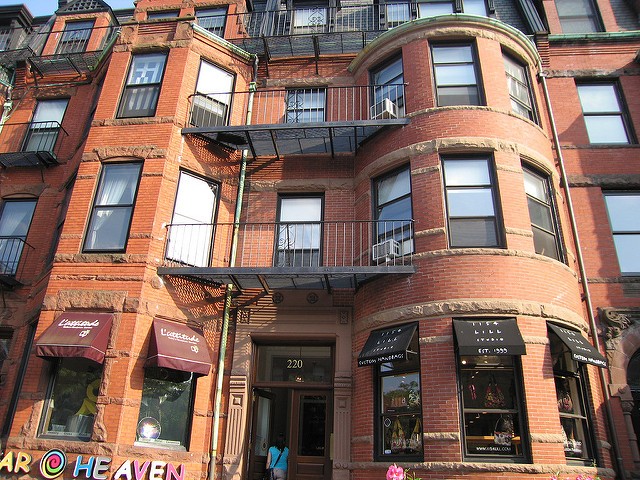HOA Fees and the Success of Your Lease-Option
August 24, 2018 by Natalie Calvo | Financing, Real Estate, Rent to Own

When you rent to own a property the key factor in success is qualifying for a mortgage at the end of the lease. To do so, you have to plan everything just right, especially, the price of the home.
A monthly mortgage payment is typically very easy to estimate. You divide the cost of the property plus interest over the length of your mortgage and then split it up into months. You can also use a mortgage calculator.
For example, a 30-year mortgage on a $200,000 property with a 20 percent down payment and 4% interest rate will cost a buyer a total of $343,739. The monthly mortgage payment would be $955.
If that's less than 30 percent of your income, you know a lender will consider the property affordable for you.
It's a simple strategy for a successful lease-option, but are you considering the hidden costs that your mortgage lender will? Your mortgage lender will look into your homeowners association fees before approving you for a loan.
How do Homeowners Association (HOA) Fees Affect Mortgages?
In Chicago, it's not difficult to find an apartment with a mortgage below $1,000. That should mean that for anyone making $36,000 or more, homes should be affordable and shouldn't cause buyers to become cost burdened!
However, there's a sneaky factor that many people don't consider while searching for a home. While the mortgage payment for a $200,000 apartment falls into many people's price range, Homeowners Association (HOA) fees can throw you right out of that bracket.
In Chicago, an apartment with an HOA below $400 is a rarity. That's the case in many downtown areas where HOA fees are charged in apartment buildings. Unfortunately, mortgage lenders do consider HOA fees when they're calculating your debt-to-income ratio.
What is a Debt-to-Income Ratio?
Your debt-to-income ratio is a calculation that compares how much money you earn and how much you're spending on housing. For mortgage lenders, the golden number is 30 percent. You should not be spending more than 30 percent of your income on housing and, if you are, you are considered cost burdened.
Once HOAs and taxes are factored in the monthly housing payment can easily jump from under $1,000 to over $1,500. At a cost of $1,500 a month, a person would need to make $54,000 a year to cover the mortgage without becoming cost burdened.
What's the Point of HOA Fees?
Now, homeowners association fees in apartment buildings cover expenses that it makes sense to pay for as a building instead of as a unit. They can cover electricity, heating, air conditioning, water, internet and cable, which are fees you would have been paying anyway! Nonetheless, when you're buying a place that doesn't have an HOA those costs aren't factored into your debt-to-income ratio. Therefore, they don't affect your ability to purchase a home.
HOAs also cover services like building maintenance, doorman salaries, pool maintenance and snow clearing – duties that all units in the building should be contributing to.
Even if you have the income to cover the mortgage and the HOA without becoming cost burdened, HOAs can affect your mortgage approval in other ways. For example, your mortgage lender will want to ensure your HOA has money in its reserves to cover the costs of any large unexpected expenditures without drawing from your income.
The lender will also want to determine if the money the HOA is charging is properly managed. A building that isn't properly managed could lead to your property losing value and thus weakening the lender's leverage should you foreclose.
Lastly, the lender is going to want to see how many units are for sale in the building. When a lot of units within a building are for sale, it's a sign that something is wrong. Otherwise, why would so many people leave?
